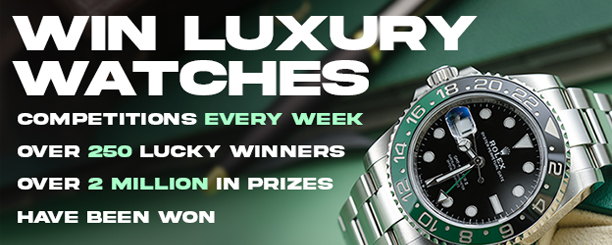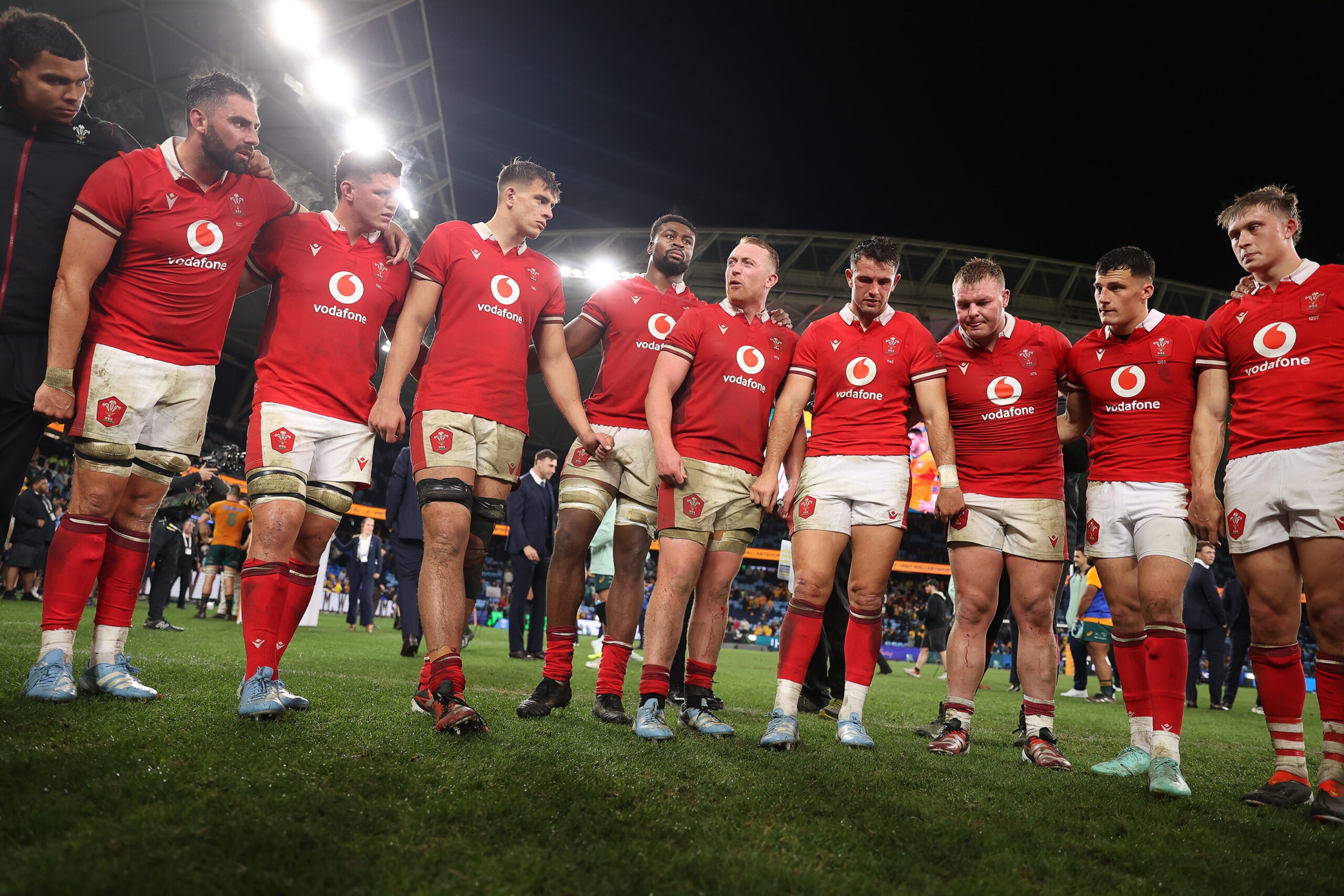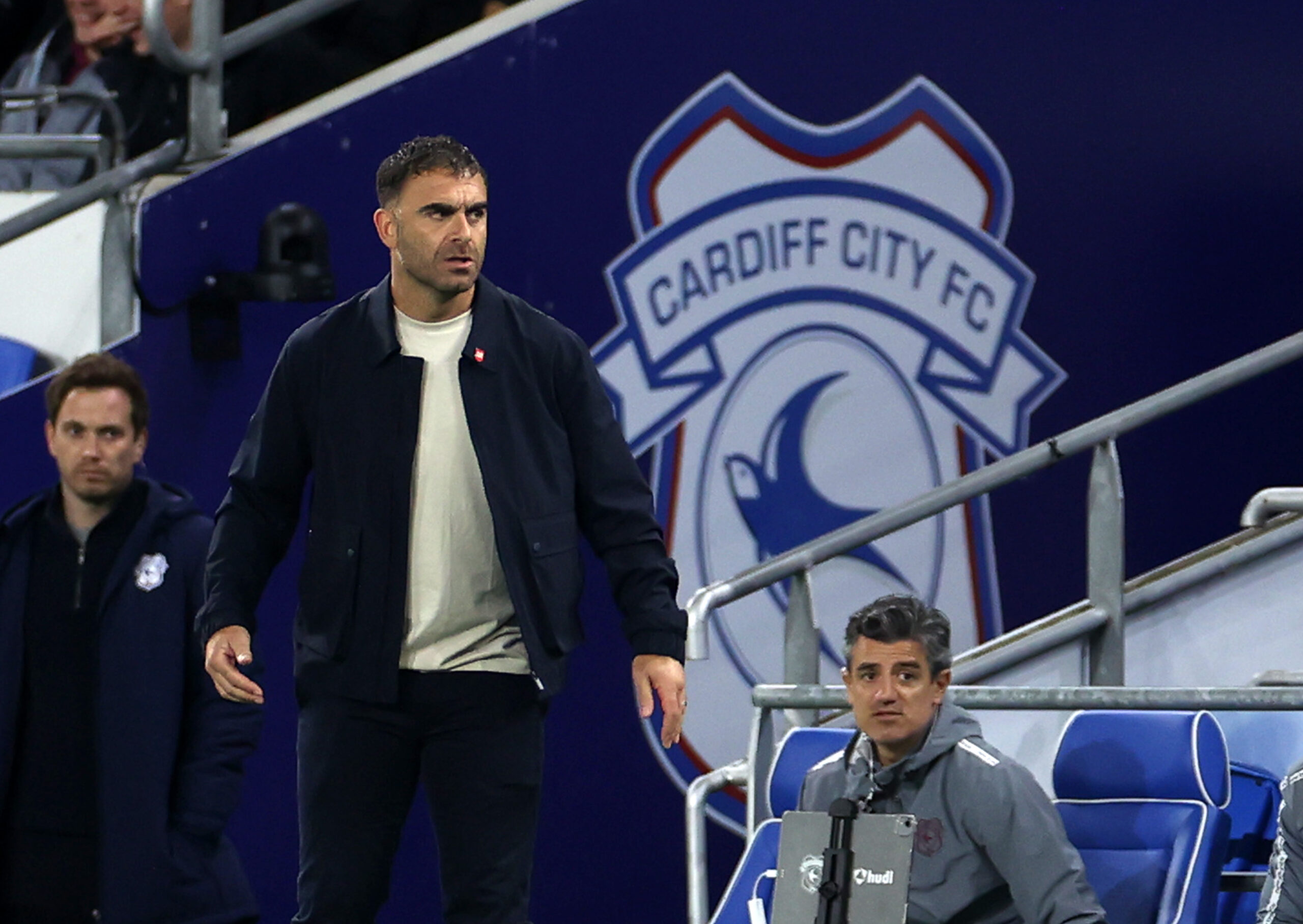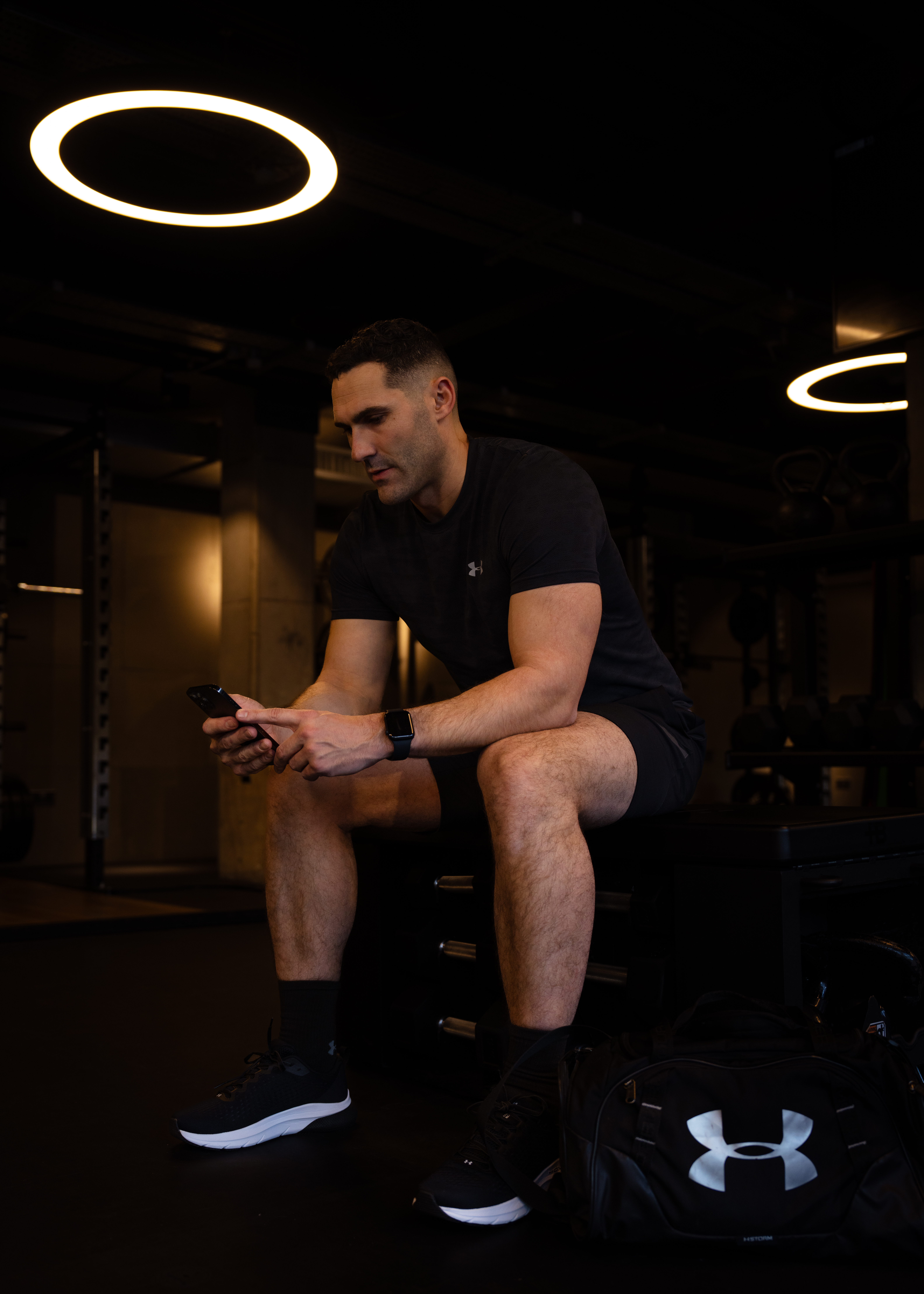Captain’s Log . . . Dewi Lake On Wearing That Wales Armband
IF Dewi Lake gets to captain Wales again – either this summer, after his latest injury setback, or at some point in the future – he is certain of one thing.
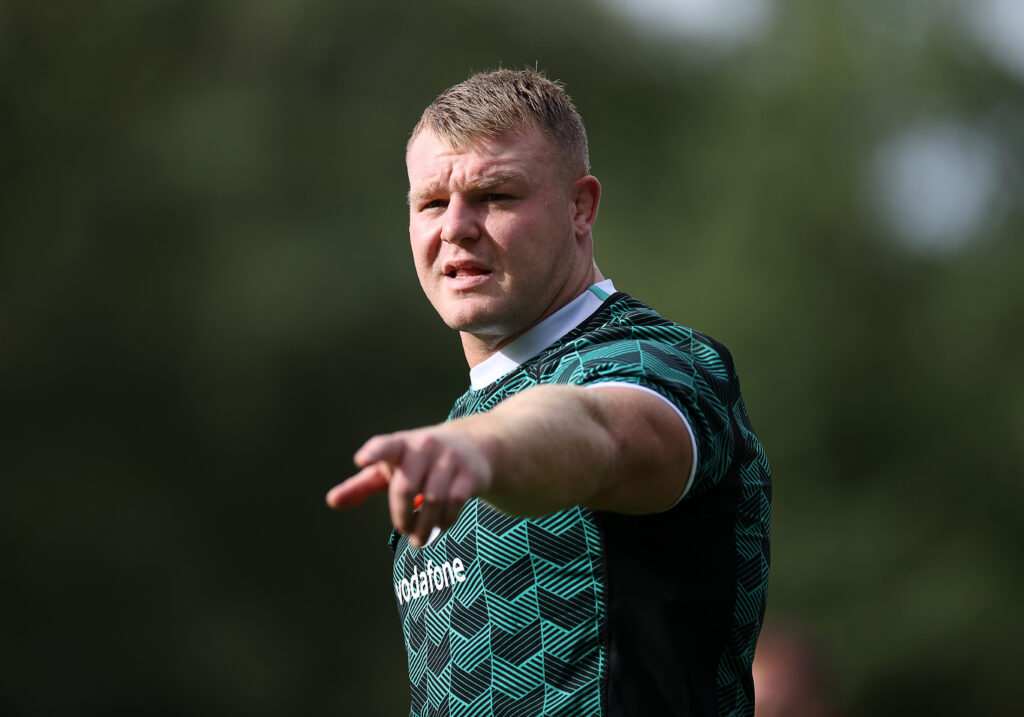
“I would do it differently to how I did it at the World Cup,” says the Ospreys hooker, who is currently sidelined with a hamstring injury.
“I probably didn’t do the job as well as I wanted to. I didn’t play as well as I could have done and that was probably because of the way I was doing the job of captain.
“I was far too worried about other players doing their job, which I shouldn’t have been. Instead of stressing about whether certain players were sufficiently switched on, whether they were really at the races, I should have just trusted them.
“I spent too long worrying about whether I was saying the right things to switch them on. I should have relaxed, let them get on with it, and focused more on my own game.
“After all, these were senior internationals, not U20 players or boys at college. So, yeah, that was a big learning curve for me, I think.”
Lake’s honesty and straightforwardness as he discusses his co-captaincy role at the World Cup in France – an honour he shared with Jac Morgan, his Ospreys clubmate – is disarming.
As he conducts this self-analysis of arguably the most high-profile job in Welsh sport, sat with a coffee at the Ospreys’ training base at Llandarcy, his tone is relaxed and matter-of-fact, rather than angst-ridden.
The 24-year-old hooker is reflective but not anxious. He went to France, having been given the stamp of leadership material from Warren Gatland and yet ended up starting in just two matches – against Portugal and Georgia – the legacy of a serious knee injury that had threatened to keep him out of the tournament.
Instead of waving to the crowds as a winning captain on his way towards the World Cup semi-finals, his tournament ended with him coming on as a half-time replacement for Ryan Elias, unable to prevent Wales from sliding to defeat in Marseille in the quarter-final against Argentina.
The defeat hurt, not just for himself, but for the responsibility Lake felt to others as co-leader.
The effort of carrying that emotional baggage has been seen before. There is a clip of the Bridgend-born player struggling for words and gulping back tears as he is interviewed in the aftermath of an historic Wales victory over New Zealand at the 2019 Junior World Cup, a match in which he was also captain.
It’s some of that emotion, he says, he would try and leave in the dressing room the next time he wears the armband.
“I think next time, on the day of the game, I would try and relax a little bit more. These are Lions and centurions in that Wales squad.
“They don’t need a captain to work them up, to get them going. They’re not boys in a youth team on a Saturday who’ve been out the night before and need to be reminded of where they are.
“So, next time, yeah, I’d be a different Wales captain.”
The interaction between captain and team, the balance between the individual and his own game, as opposed to the functioning of the group, is an interesting one for Lake.
From the age of two-and-a-half until he was around 14-years-old, gymnastics was the sport he was focused on, not rugby.
He was good enough to represent Wales and even Great Britain at age-group level and more importantly – given the crisis around abusive behaviour that has engulfed gymnastics in recent times – he says he loved it.
“It was fantastic. In gymnastics, there is always something to aim towards. Not that there isn’t in rugby, but the progression is very clear in gymnastics.
“You aim to do a back handspring, a flick, then you learn a double flick, then you add a back somersault, then one with a half-twist.
“If someone else did a full twist, then you’d try and work out how to do a one-and-a-half twist. There was always progress to be made and new things to learn, constantly.”
Lake’s best disciplines were parallel bars, rings and floor and his rapid progress through the sport as a child may have had something to do with the fact his mother, Louvain, was also a gymnastics coach.
“I remember I really wanted to do the splits and not finding it easy. My mum was stood behind me, pushing me down slowly, gently, bit-by-bit, until I could do it.
“I wanted to learn and I wanted my mum to help me, to push me. But I can understand the worries in the sport that have come out. What happens if the coach pushes you, when you’d rather not do it?
“It’s difficult, but these problems aren’t just confined to gymnastics. I see adults on the sidelines, shouting and screaming at nine-year-old kids. At that age, it should always be about just having fun.”
It was in his mid-teens that it dawned on Lake that rugby might offer a more suitable road to a sporting career than gymnastics.
He became too tall, too thick-set. and powerful across his trunk and upper legs to be the next Max Whitlock. Britain’s Olympic champion of 2016 may look a big specimen on TV, but he is actually 5ft 7in tall and weighs around nine stones.
“There are not many top gymnasts who are over six feet tall,” says Lake. “It’s just harder to perform some of the moves when you’re tall. It’s as simple as that.”
Fortunately, his growth spurt as a teen coincided with a burgeoning talent for rugby and he was able to transfer some of the strictest habits of the gym to the training field.
“In gymnastics, they seek perfection and there’s no margin for error. If you take half a step on a landing, that’s 0.5 of a mark gone.
“I took that discipline into rugby. I’d get home from a gymnastics session and want to go and practise passing a ball in the garden with my dad.”
Did we mention his father, David? Blessed with a mother who coached gymnastics, Lake junior just happened to have a rugby coach as his old man.
David captained Ogmore Vale, moved into coaching, and was ready to repay some attention to his son who had been the kicking-tee carrier for Ogmore when he was a small child.
“Rugby had always been there for me, as had my dad, even when all the gymnastics was going on.
“My dad’s team would warm-up for matches with some touch rugby and I’d join in, an eight-year-old happy to be throwing the ball about with guys between the ages of 20 and 40. That’s what drew me into the game.”
Not many children grow up the under same roof as two coaches from different sports and Lake – who was leading veterans such as Liam Williams, Dan Lydiate and Dan Biggar when he captained Wales for the first time against England last August – is quick to acknowledge the influence of his parents.
“It has been a huge plus for me. They both really know their stuff, as well, they’re up to date with it, so I was able to go home after doing either sport and ask them: Did I do this right? Have I got this wrong?
“They knew the answers and I was just able to soak it all up.”
Lake progressed through Valley Ravens, Bridgend Sports, Neath and then the Ospreys academy before captaining Wales U20s, having made the switch from back row to hooker.
Like all hookers, he has his routines and rituals to ensure accuracy at throwing in time and took more than a passing interest in the recent PDC World Darts Championship.
Wales’ former world champion Gerwyn Price – a hooker of some note at semi-pro level in Wales before another sporting switch – bowed out early, but Lake was keen to check out the progress of Like Littler, the 16-year-old who stole the sporting world’s attention when he made it through to the final.
“If Luke Littler tried to throw a rugby ball into a line-out, he’d probably be there or thereabouts.
“It’s a depth perception thing. With both throws, it’s about the angle, the trajectory, and how hard you have to throw to get that trajectory right.
“He was incredible – the self-belief, the composure. It was amazing.
“The more comfortable you are, the better the chance of success – like being captain.”
Lake has another fitness hurdle ahead of him at present but have no doubts he’ll clear it and be ready to wear that armband again, along with a different perspective.





